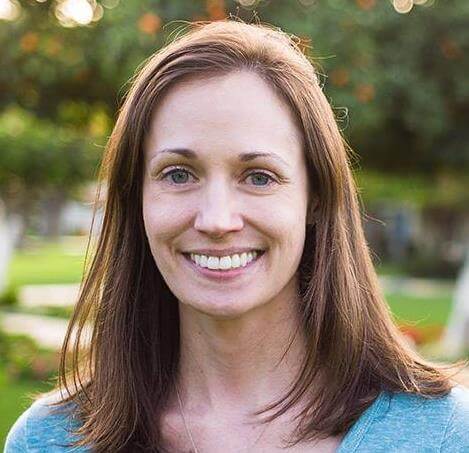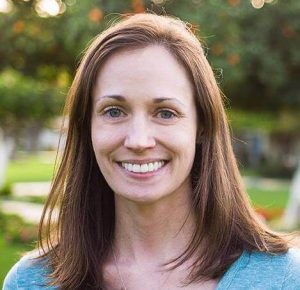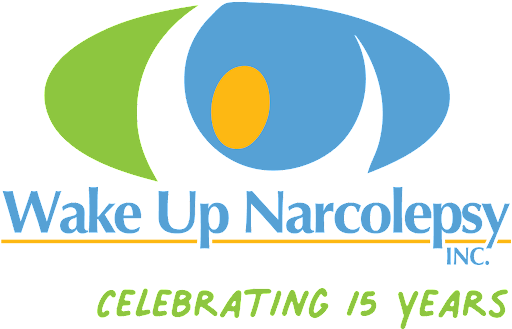
Jun 16 2019
At Last, Narcolepsy Doesn’t Define Me
h in Voices of Narcolepsy
THIS POST CONTAINS MENTIONS OF SUICIDE.
If you have thoughts of hurting yourself or others, call 911 immediately, call 988 to reach the suicide hotline or chat online at 988lifeline.org
“988 Lifeline ofrece servicios gratuitos en español las 24 horas del día, los 7 días de la semana. No tiene que hablar inglés para recibir ayuda.” – 988 Lifeline
You are not alone.
Guest Blog by Mary Smyth, MA, NCC, APC
Marietta, GA

For most of this time I lived with people who did not allow sleep solely because I was tired, and to voice a problem, complaint or concern would have not only been unacceptable, it would have led to punishment. I thought it must be normal to have sleep paralysis, hallucinate at night and in the morning, lose muscle tone randomly, and be constantly exhausted. No one else was complaining, so why should I?
I took whatever I could find to try to sleep during my teens, but by 19 I had run out of options. For the first time I sought help and I made my way to a sleep disorder center. After 5 minutes reviewing my paperwork, the doctor asked me if I was depressed. I said I was. He referred me to a psychiatrist, which led me down a long road of thinking that my symptoms were a product of mental illness that I somehow had control over.
In my 6 years of seeking help, I was placed in psychiatric hospitals and told I would spend the rest of my life institutionalized. I believed them when they said that I was the problem, and that I clearly needed lots of medication and therapy. I did what they said, but saw little change.
I wondered if there might also be something else wrong, and went to specialists trying to find someone who could help me. After a many mis-diagnoses, from mono to MS to psychophysiological-insomnia, more tests than I can remember, and countless medications, I still wasn’t any better.
At age 25, I was in a psychiatric hospital after a suicide attempt, one of many due to the thought that the rest of my life would be nothing but exhaustion, depression, and disability. The psychiatrist complained they were unable to bill my insurance for my treatment if I slept through all of it, so he gave me another medication to “help me participate, Provigil. For the first time I was actually awake, I could hold a conversation and truly engage. I had no clue that Provigil was intended for those with narcolepsy and was never told I might have it.
After 2 years on Provigil, I was still struggling to function. I was sleeping when I wasn’t having frequent episodes of sudden paralysis, which most people around me assumed to be a ploy for attention. My doctor said that it sounded like I had cataplexy, but never explained what that was or how it could be helped.
In frustration, I Googled it, and learned it was a symptom of narcolepsy. I found a sleep center online, and after years of bad experiences with physicians, I met the most wonderful sleep doctor, who explained that I absolutely did have narcolepsy with cataplexy. For the first time, I heard that it was not all in my head, and that my depression likely stemmed from decades lacking restful sleep.
My cataplexy was so bad that even with medication, I could do very little. I resigned myself to be disabled, but wanted my life to have meaning. I went to graduate school for a psychology degree, and when I finished the coursework, I was required to do a full-time, yearlong internship that sounded impossible with my degree of disability.
I had refused Xyrem since my diagnosis purely based on fear, but realized that it offered my only chance to have a life. I started it in April 2009 at age 28, and it was the best thing that has ever happened to me. I graduated and became licensed, and now work as a psychotherapist in private practice.
Thanks to Xyrem, my cataplexy is very mild, I wake up rested, can function during the day, and I have not had a day of depression since starting it. I went from taking 25 medications daily to 7. I have not been in a hospital since 2006, and I could not be happier. I am grateful for everything I have, and use all the bad years as motivation to help people with mental illness find a way to live their best life.
I try to always focus on the positive, I have limits, but I believe there isn’t anything I can’t try. My life has become something I never thought was possible. I started a support group for people with narcolepsy, and have found great friends and understanding in others who also have this debilitating disease.
I continue to test the limits of narcolepsy, and my life experiences continue to be vast and exciting but punctuated with sleep. I never forget that I have narcolepsy, but I don’t let it determine my future. My hope is that by sharing my story, others will not have to go through the years of misdiagnosis and self-blame, and that with awareness will come new treatments and a cure.
Note: Mary is a licensed psychologist practicing at Begin Within Therapy at www.beginwithintherapy.com/#, and leads Narcolepsy Atlanta m.facebook.com/groups/592629724157676?ref=bookmark.
